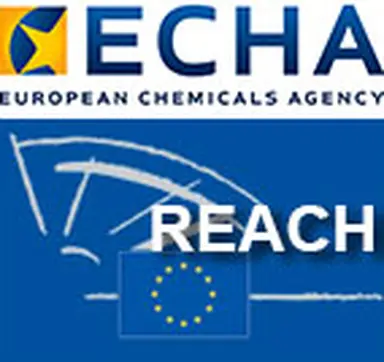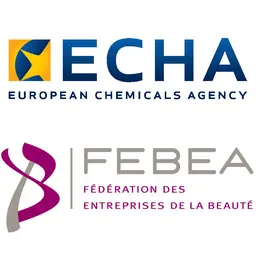
According to ECHA's tri-annual report about the use of alternatives to animal testing, registrants have widely used alternative methods to generate information required by REACH to ensure the safe use of chemicals. Most registrants conform with the data sharing obligations and industry has increasingly used in vitro methods.
ECHA press release
ECHA's second report to the European Commission on the use of alternative methods under REACH shows an increase in the use of these methods. The report's analysis is based on over 38 000 registration dossiers submitted for the 2010 and 2013 registration deadlines.
According to the report, most registrants do conform with the data sharing obligation under REACH to fulfil the information requirements and to avoid unnecessary animal testing. Registrants also built categories and predicted substance properties using read-across approaches in up to 75 % of analysed dossiers for at least one endpoint. Read-across or category approach has been particularly used for higher-tier endpoints where alternative, non-animal test methods are not yet available.
In addition, registrants started to take up in vitro methods for skin and eye irritation, using cells, tissues or organs. The total number of in vitro studies submitted for skin and eye irritation has tripled since 2011: almost 20 % of analysed dossiers contained them for these endpoints.
So far, ECHA's database contains information on 7 939 new experimental studies for those endpoints which may involve vertebrate animal testing. Out of these, 4 887 are tests on vertebrate animals and 3 052 are in …













